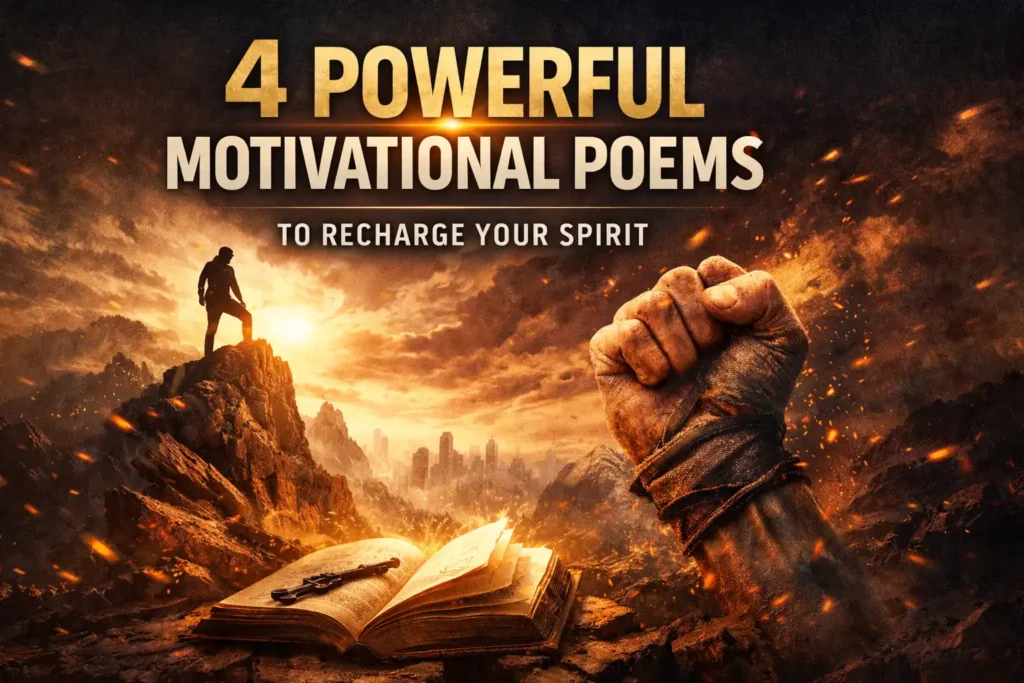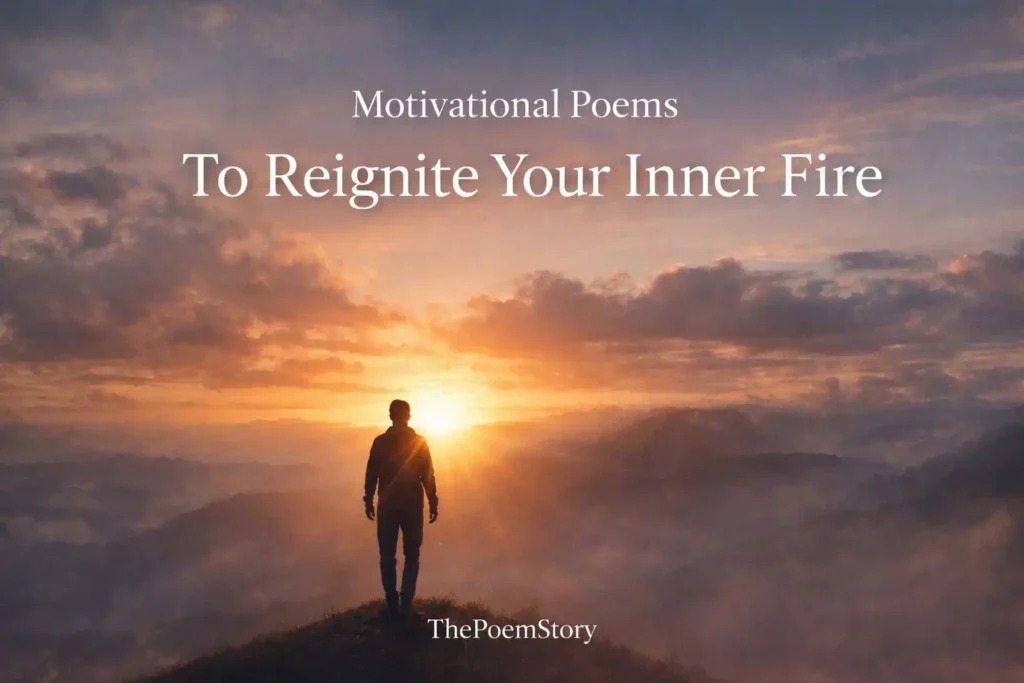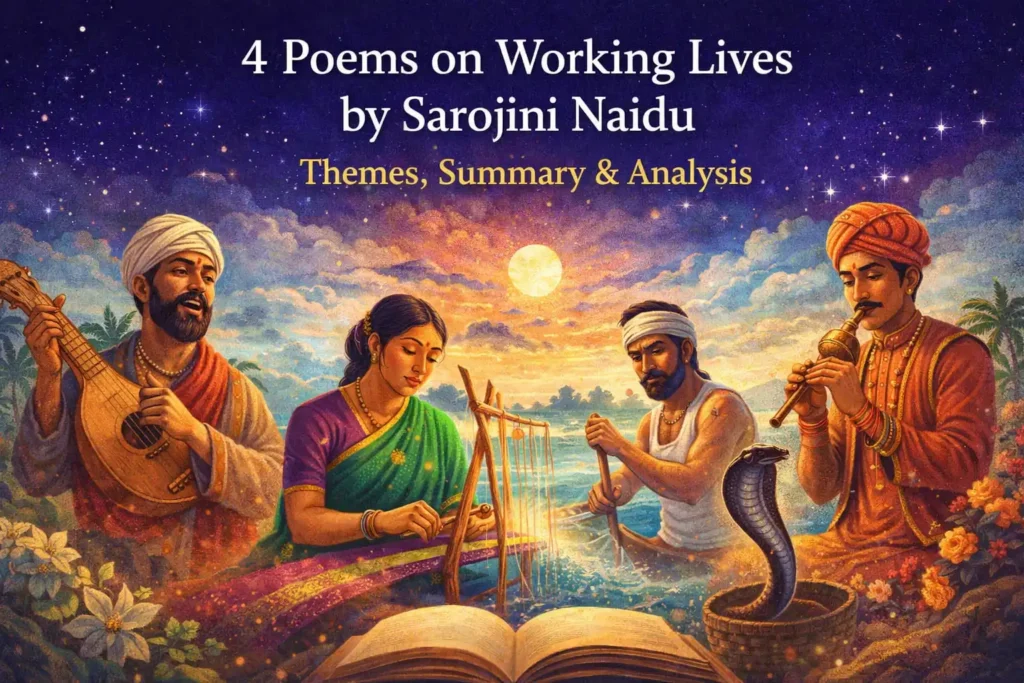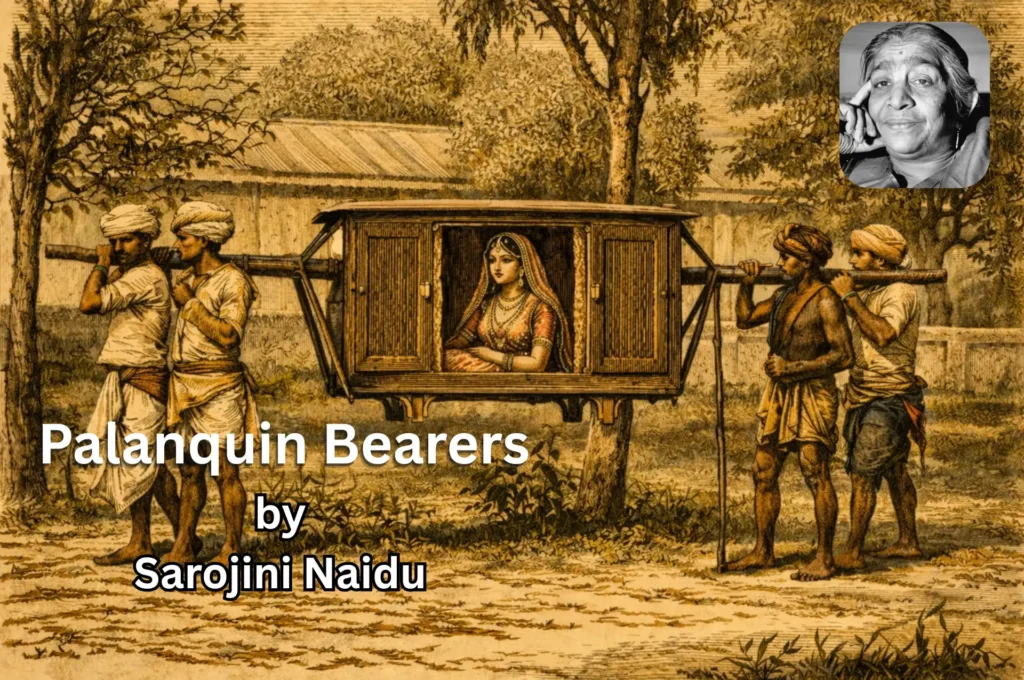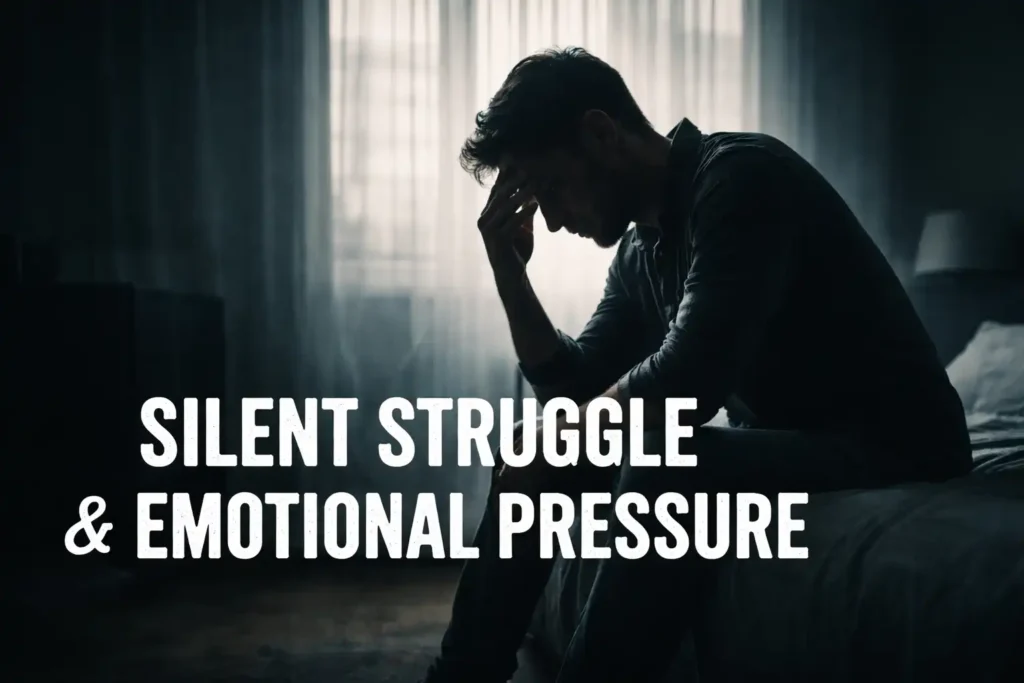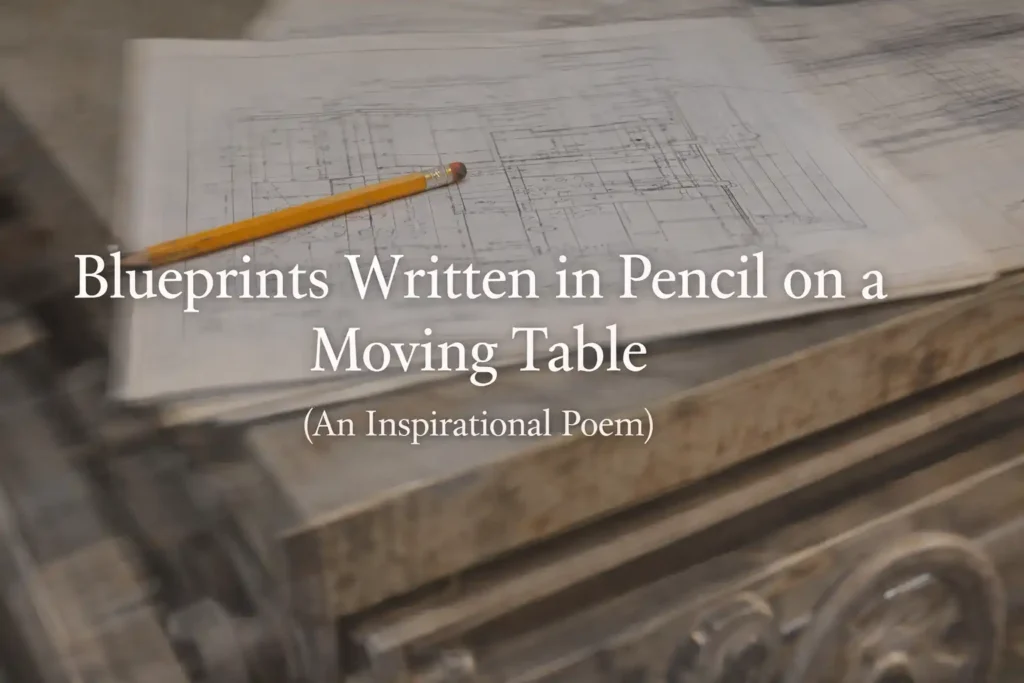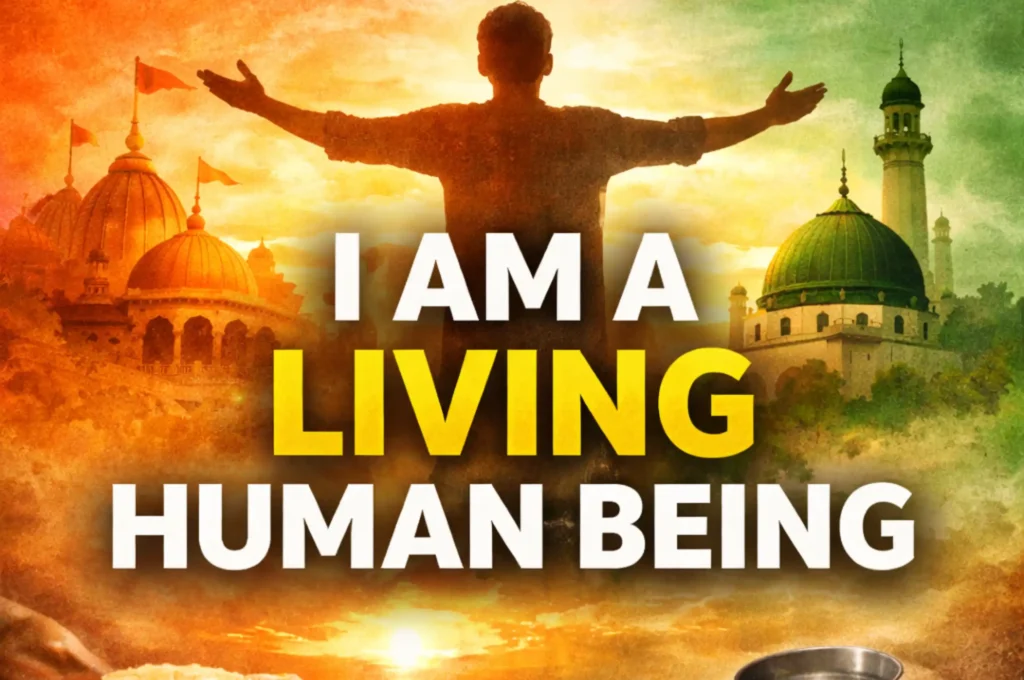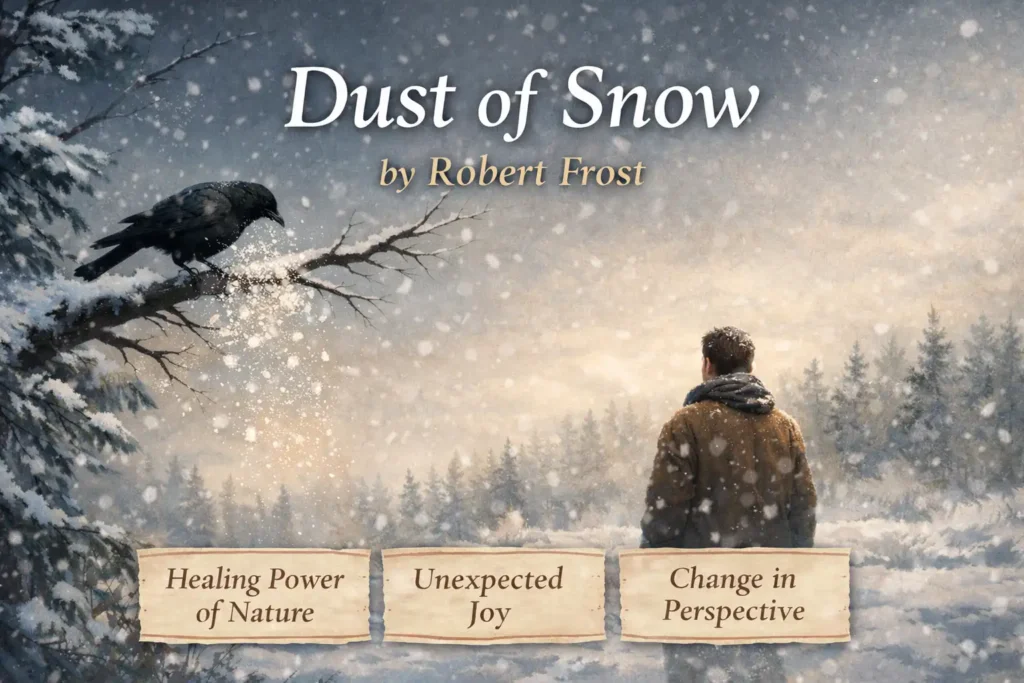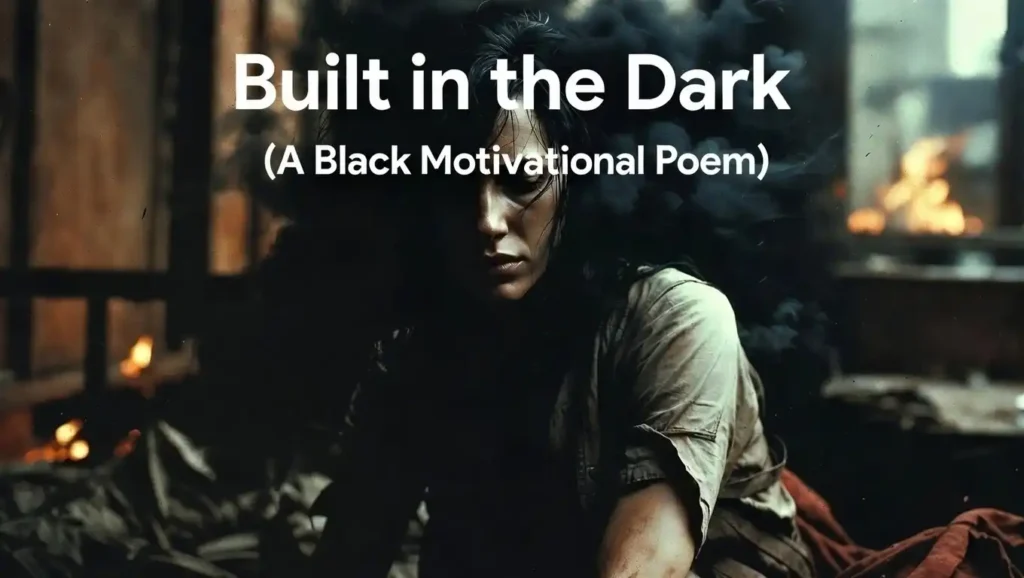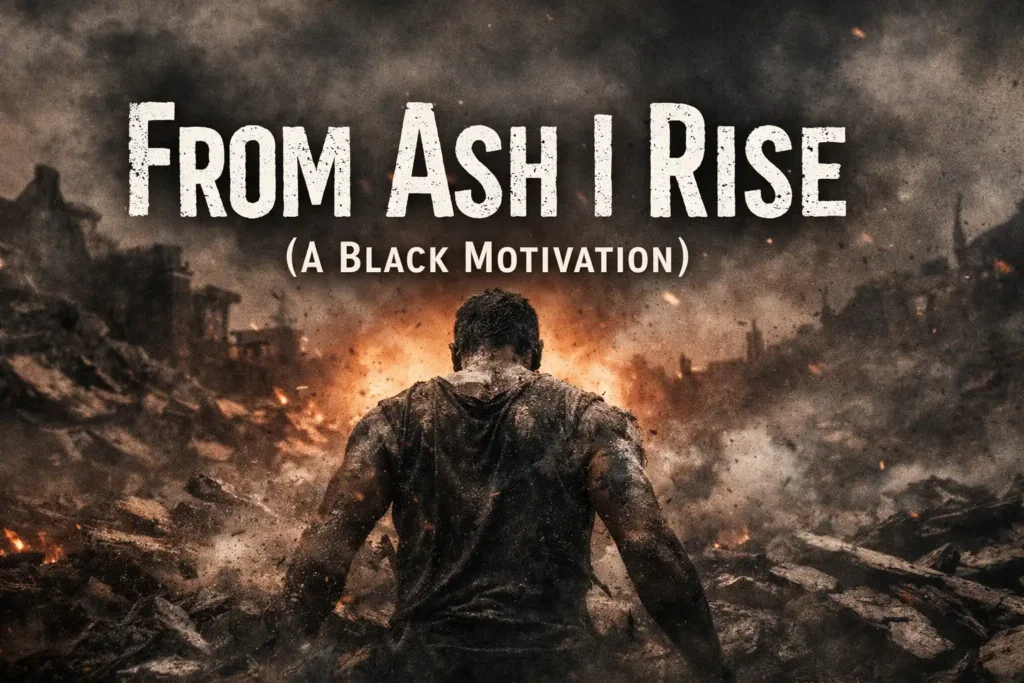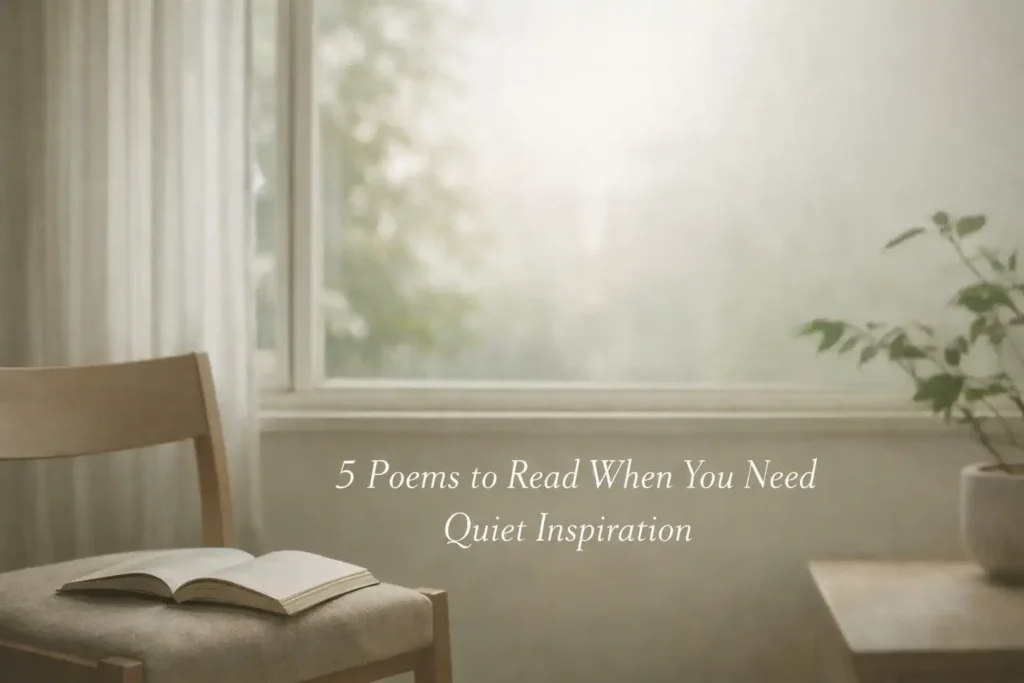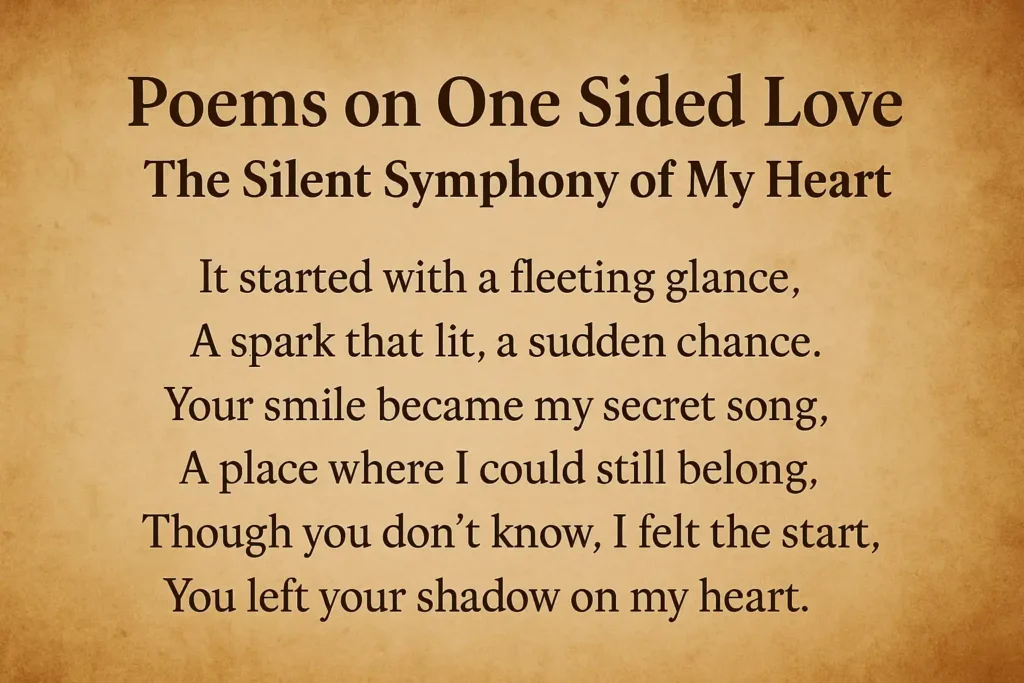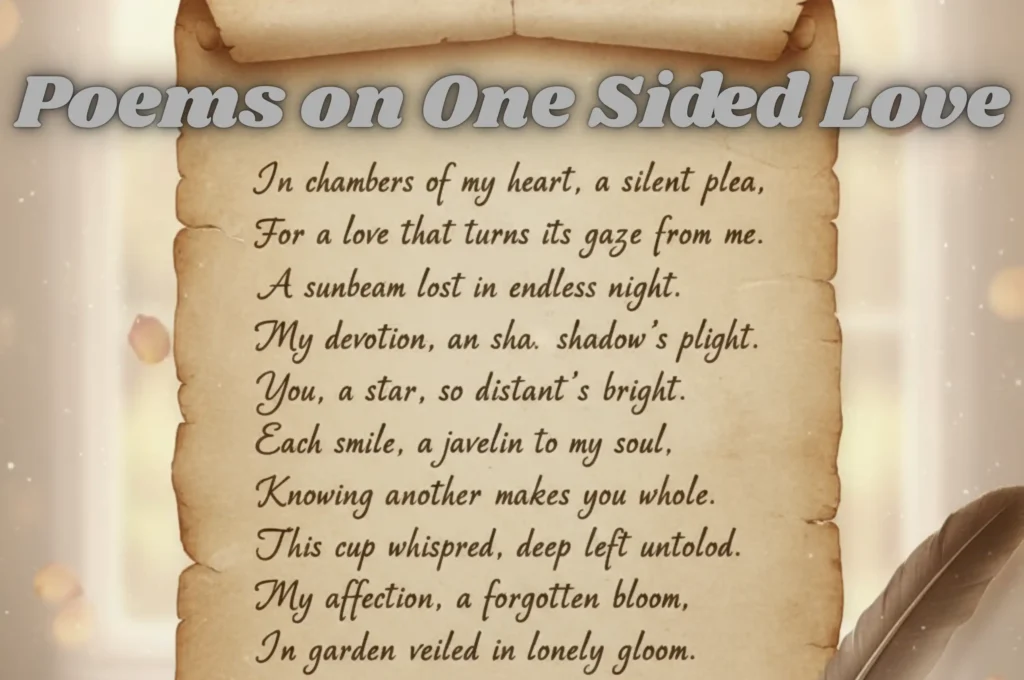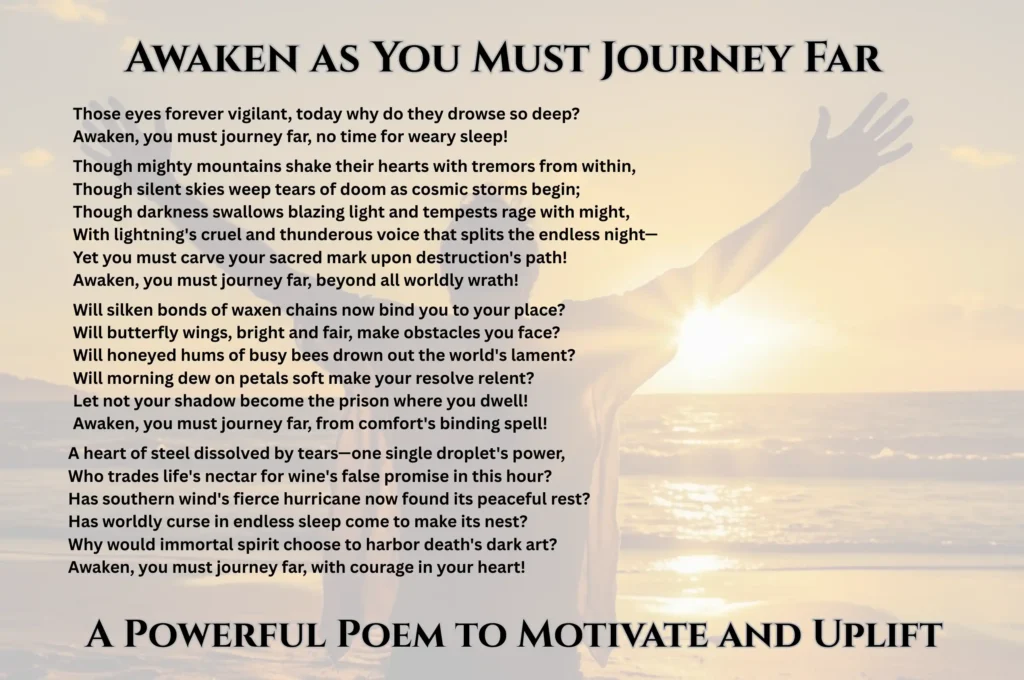Alone by Maya Angelou is a powerful poem that delves into the theme of human connection and the universal need for community. Through her reflective words, Angelou highlights the loneliness and struggles that even the wealthiest and most powerful individuals face, emphasizing that no one can truly navigate life alone. The poem reminds readers of the importance of relationships, empathy, and mutual support in overcoming the challenges of life.
Back to: List of Poets in Alphabetical Order
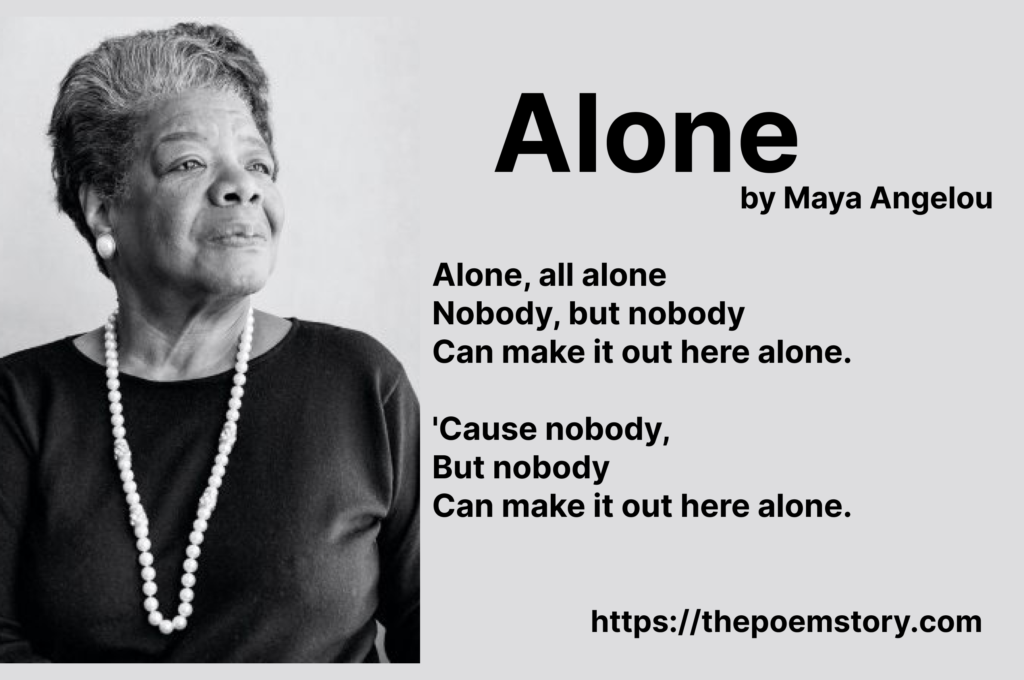
Table of Contents
Synopsis of Alone Poem by Maya Angelou
In “Alone,” Maya Angelou contemplates the complexities of life, addressing the emotional and spiritual voids that individuals often experience. She speaks of the universal desire for a “home” for the soul, one where sustenance and peace are easily found. Through repetition, Angelou stresses that no one, regardless of wealth or status, can endure life’s hardships in isolation. The poem describes a world in which even the most privileged people, despite their riches and resources, are unable to escape the loneliness that comes from disconnecting from others. The gathering storm metaphor in the poem suggests that humanity, as a whole, is suffering and in need of collective support and compassion.
Summary of Alone by Maya Angelou
“Alone” by Maya Angelou explores the theme of human isolation and the necessity of companionship. The poet begins by reflecting on the search for a spiritual and emotional “home” where one’s soul can be at peace. She asserts that no one can achieve this peace alone.
Through the example of millionaires who, despite their wealth, cannot find fulfillment or solace in their lives, Angelou conveys that material success does not protect against loneliness. She continues by acknowledging the growing suffering of humanity, represented by the metaphor of storm clouds gathering and the wind about to blow. Ultimately, the poem echoes the sentiment that “nobody, but nobody can make it out here alone,” reinforcing the importance of human connection in the face of life’s challenges.
Back to: List of Poets in Alphabetical Order
Line-by-line meaning of Alone Poem by Maya Angelou
1. “Lying, thinking / Last night”
Angelou begins by setting the scene of personal reflection. She is lying and contemplating thoughts that came to her the previous night.
2. “How to find my soul a home”
The poet reflects on how to find inner peace, a place where her soul can rest and feel secure.
3. “Where water is not thirsty / And bread loaf is not stone”
This line uses imagery to represent basic needs (water and food) that should be fulfilling and nourishing, not lacking or harsh. It symbolizes the longing for a place of comfort, peace, and sustenance.
4. “I came up with one thing / And I don’t believe I’m wrong”
Angelou reaches a conclusion about how to find this inner peace, confident in her belief that it is correct.
5. “That nobody, / But nobody / Can make it out here alone.”
The central theme of the poem emerges here. Angelou states that no one can face life’s challenges alone, emphasizing the necessity of connection and support from others.
6. “Alone, all alone / Nobody, but nobody / Can make it out here alone.”
This refrain, repeated throughout the poem, reinforces the message that isolation is not a sustainable or fulfilling way of living. We all need others to navigate life.
7. “There are some millionaires / With money they can’t use”
Angelou highlights the paradox of wealth: even the richest people, who have financial security, are unable to find fulfillment or peace.
8. “Their wives run round like banshees / Their children sing the blues”
She depicts the emotional unrest in the millionaire’s family. Their wealth does not bring happiness, as the wife is restless and the children are unhappy, symbolized by “singing the blues.”
9. “They’ve got expensive doctors / To cure their hearts of stone.”
Despite their material wealth, these millionaires are spiritually empty, and they seek expensive medical help for emotional or psychological problems that cannot be solved with money.
10. “But nobody / No, nobody / Can make it out here alone.”
Angelou reiterates the poem’s central theme: no amount of wealth, status, or material possession can replace the need for human connection and emotional support.
11. “Alone, all alone / Nobody, but nobody / Can make it out here alone.”
The refrain is repeated once again, emphasizing that loneliness and isolation are not sustainable for anyone, regardless of their external circumstances.
12. “Now if you listen closely / I’ll tell you what I know”
The poet invites the reader to listen carefully as she shares her wisdom about the human experience.
13. “Storm clouds are gathering / The wind is gonna blow”
Angelou uses the imagery of an impending storm to symbolize turmoil and struggle. The “storm” represents the challenges humanity is facing.
14. “The race of man is suffering / And I can hear the moan,”
The poet speaks of the collective suffering of humanity, where people are enduring hardship and pain, symbolized by the “moan” of the race of man.
15. “Cause nobody, / But nobody / Can make it out here alone.”
Angelou once again repeats the key idea of the poem: humanity’s suffering is not something anyone can endure in isolation. We need each other to survive and thrive.
16. “Alone, all alone / Nobody, but nobody / Can make it out here alone.”
The poem ends with a final repetition of the refrain, driving home the importance of human connection.
Each line of the poem emphasizes the interconnectedness of all people, showing that no matter how wealthy or powerful one may be, true fulfillment and survival require the support and presence of others.
Back to: List of Poets in Alphabetical Order
List of Poets in Alphabetical Order
Explore our Literature YouTube Channels:
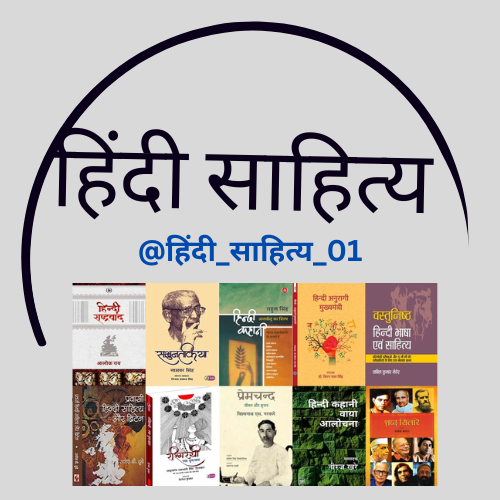
YouTube Channel Link:

YouTube Channel Link:
